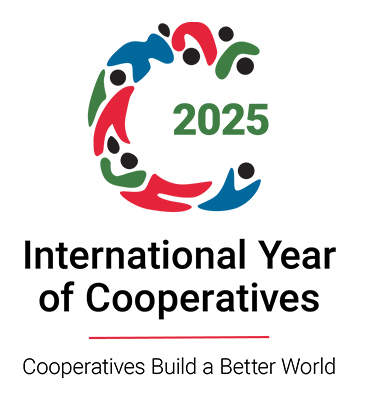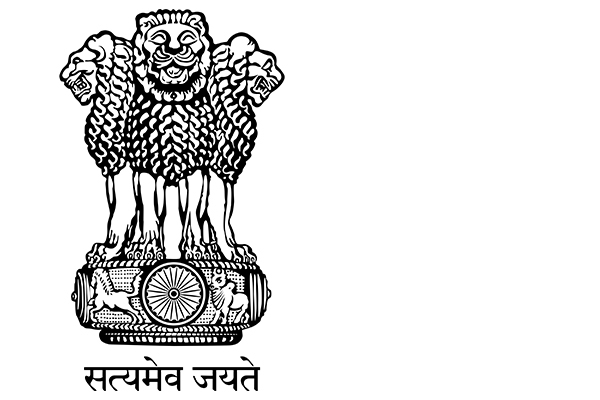DUAL SYSTEM OF TRAINING (DST)
Ministry of Skill Development & Entrepreneurship has implemented the scheme named "DUAL SYSTEM OF TRAINING" (DST) w.e.f. August 2016 DST has been approved during 40th meeting of National Council of Vocational Training (NCVT).The courses will be conducted to meet the workforce requirement of the industry so that after the completion of training in dual system, the trainee having NTC with dual mode will get better employment opportunities in industry.
The ITI and Industry will have the freedom to choose the training pattern either in Block mode (few months in ITI and few months in industry) or mixed mode( i.e. few days in a week shared between ITI and Industry.
TRADE THEORY AND SOME PORTION OF PRACTICAL: The theory portion and basics about safety and tools, equipment along with foundation practical will be conducted by ITI.
INDUSTRY TRAINING PORTION: The remaining portion of training shall be conducted in the industry/organization. For a two year course it is expected that nine months (i.e. ~1560 hrs.) training would be in the industry and remaining portion would be in the ITI. For one year course it is expected that five months training would be in the industry.
Assessment and Certification: Assessment and certification of all the trainees will be carried out as per DGT/NCVT norms for Trade theory including practical portion conducted in ITI workshop. Industrial training of the trainees shall be accessed by the industry partner. After successfully completion of training, National Trade Certificate (NTC) (mentioning dual model) shall be awarded to the trainee.
For stipend, industry, and additional information the candidate may contact ITI offering the said trade in Dual System of Training and/or refer orders issued by MSDE (DGT) in this regard (https://dget.nic.in/Dual_System).
National Skills Qualifications Framework (NSQF)
The National Skills Qualifications Framework (NSQF) is a competency-based framework that organizes all qualifications according to a series of Level of knowledge, skills and aptitude. These levels, graded from one to ten, are defined in terms of learning outcomes which the learner must possess regardless of whether they are obtained through formal, non-formal or informal learning. NSQF in India was notified on 27th December 2013. All other frameworks, including the NVEQF (National Vocational Educational Qualification Framework) released by the Ministry of HRD, stand super ceded by the NSQF.
Under NSQF, the learner can acquire the certification for competency needed at any level through formal, non-formal or informal learning. In that sense, the NSQF is a quality assurance framework. Presently, more than 100 countries have, or are in the process of developing national qualification frameworks.
The NSQF is anchored at the National Skill Development Agency (NSDA) and is being implemented through the National Skills Qualifications Committee (NSQC) which comprises of all key stakeholders. The NSQC's functions amongst others include approving NOSs/QPs, approving accreditation norms, prescribing guidelines to address the needs of disadvantages sections, reviewing inter-agency disputes and alignment of NSQF with international qualification frameworks.
Specific outcomes expected from implementation of NSQF are:
- Mobility between vocational and general education by alignment of degrees with NSQF
- Recognition of Prior Learning (RPL), allowing transition from non-formal to organized job market
- Standardized, consistent, nationally acceptable outcomes of training across the country through a national quality assurance framework
- Global mobility of skilled workforce from India, through international equivalence of NSQF
- Mapping of progression pathways within sectors and cross-sectional
- Approval of NOS/QPs as national standards for skill training
Multi-Sectoral Development Programme
The Multi-Sectoral Development Program (MSDP) was conceived as a special initiative of the follow up action on the Sachar Committee recommendations. It is a Centrally Sponsored Scheme (CSS) approved by the Government in the beginning of the 11th five Year Plan and launched in the year 2008-09 in 90 Minority Concentrations Districts (MCDs). It is an area development initiative to address the development deficits of minority concentration areas by creating socio-economic infrastructure and providing basic amenities. The scheme aims at focused development programs for backward minority concentration areas to help reduce imbalances and speed up development. Muslims, Sikhs, Christians, Buddhists and Zoroastrians (Parsis) have been notified as minority communities under Section 2 (c) of the National Commission for Minorities Act, 1992.
ASIA PACIFIC ACCREDITATION AND CERTIFICATION COMMISSION, MANILA, PHILIPPINES ACCREDIATION
Jija Bai ITI for Women, Siri Fort is internationally accredited with APACC, Manila, Philippines for scope of activities under governance and management, Teaching and learning, Human Resources, Research and development, Image and sustainability, other resources and support to students.
Accredited institutions and stakeholders enjoy the following benefits:
- Greater workforce mobility and mutual recognition of qualifications in Asia and the Pacific region;
- Quality and employable workforce in member countries through APACC coordination among its network of institutions, agencies and other stakeholders;
- Employer confidence on the selection of employees coming from accredited institutions. Accreditation status is important to employers when evaluating credentials of job applicants and when deciding to provide support for current employees seeking further education;
- International recognition of the institutions' quality, accountability, and public trust;
- Eligibility and reliability of TVET institutions for funding support from donors and other lending agencies;
- Part of a regional network of quality institutions that expand schooling and learning opportunities for students; and
- Transferability of credits earned by a student among educational institutions. Receiving institutions take note of whether or not the credits a student needs to transfer have been earned from an accredited institution.


 Ch. Brahm Prakash Industrial Training Institute, Jaffarpur
Ch. Brahm Prakash Industrial Training Institute, Jaffarpur 


